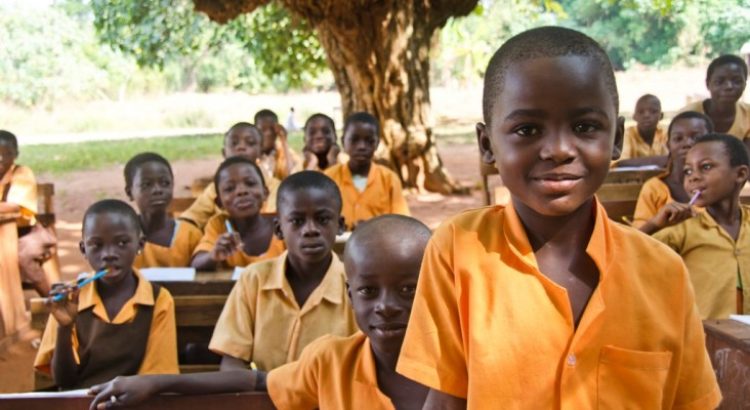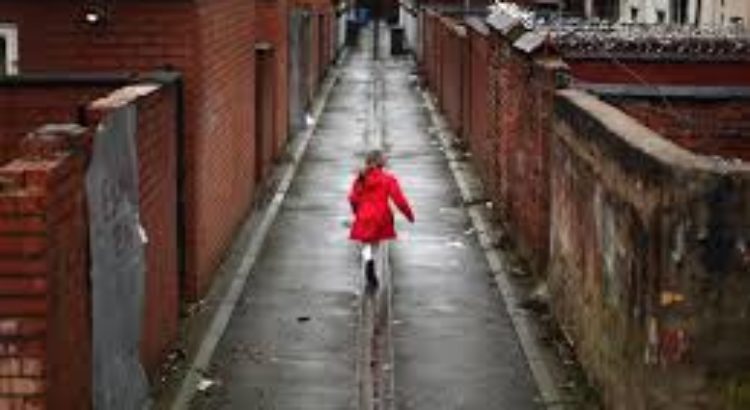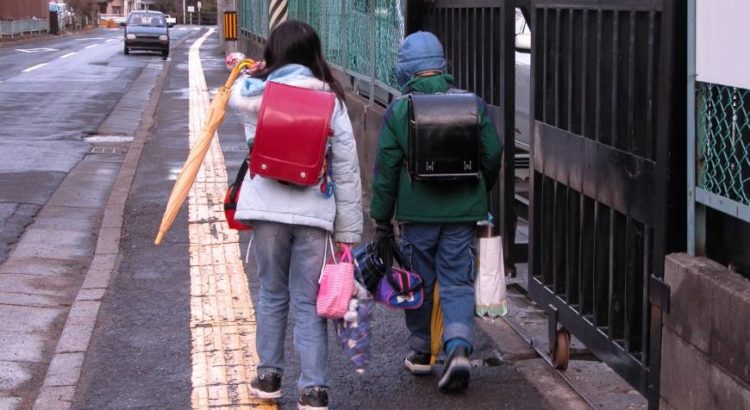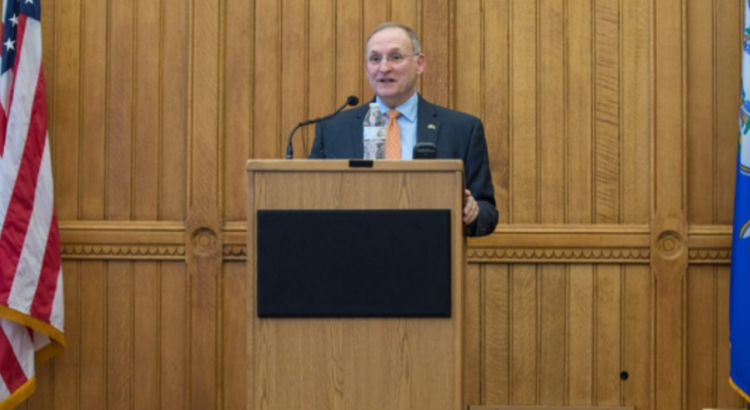Ghana/April 17, 2018/By: Josephine Nettey/Source: http://theheraldghana.com
The goal of education is not to increase the amount of knowledge but to create the possibilities for a child to invent and discover, to create men who are capable of doing new things (Jean Piaget)
At independence, many countries looked to reform education to accelerate economic and social development. Ghana was no exception, and the newly independent government saw in education the keys to social and economic development. This insight still lived 5 decades onwards in the Republic, for this reason the framers of the 1992 Constitutionprovided for the security and guarantee of this right in Article 25, Clause (1) Sub-clause (a) of the 1992 Constitution. This provision reads;
- All persons shall have the right to equal educational opportunities and facilities and with a view to achieving the full realization of that right,
- Basic education shall be free, compulsory and available to all.
Where Basic Education Level is provided for Section 1(2) of the Education Act, 2008 as amended by Education (Amendment) Act, 2010 as follows;
- The basic level of education shall consist of
- Two years kindergarten
- Six years of primary
- Three years of junior high school.
Per the above provisions all persons, every child has a right to education emphatically the right to free and compulsory education. This right as provided for imposed a duty on our government after the coming into force of the constitution to ensure that all children are educated as provided for in Article 38 Clause (2) of the 1992 constitutions. This provision reads;
- The Government shall, within two years after Parliament first meets after the coming into force of this Constitution, draw up a programme for implementation within the following ten years, for the provision of free compulsory and universal basic education.
The issue is that all successive government following the enforcement of the 1992 Constitution have failed to implement the above provision in providing free, compulsory and universal basic education to all children. They have even failed more woefully in enforcing the compulsory aspect of the education as mandated them. Because of their inactionour children are on the street instead of being in the classroom working and engaging in perilous activities daily.
Yet we dare to tag them as “Street Children” …!!! Who is to blame?
Especially when our own laws namelyThe Children Act, 1998 (Act 560) sets the minimum age for light work at 13yrs and hazardous work at 18years. However, the opposite is true that most often than not we see children below these ages engaged in hazardous work in the middle of highways and major roads including begging, selling, wiping windscreen of cars and even inhaling fumes from vehicle exhaust.
Noting that Begging as an activity is an offence as per Section 2 Subsection 1 (a) and (b) of the Beggars and Destitute Act, 1969 (N.I.C.D 1969) which reads;
- A police officer may arrest without warrant
- A person who is found begging
- A person wandering, or
- A person who is in any premise or place for the purpose of begging.
That is to say we will have no street children on our streets if the Police Agency were complying to the law and arresting these children and putting them in schools to receive education and enjoy their fundamental as such.
The sight of these children on the street is even more distasteful when you see them accompanied by adults who clearly by their conductare perpetuators of denying theirchild access to education. But isthat really the case?
Especially when the mandate is on the government through its Ministry namely the Ministry of Education and its local representative the is District Assemblies to provide for the necessary infrastructural needs for education of the population in the area of authority as provided for by Section 2 Subsection (2) of Act 778as Amended.
Notably to mention Section 4 of Act 778 as Amended provides for the role of the District Assembly social welfare where a child fails to go to school. This section reads;
- Where a Child does not attend a course of instruction in compliance with subsection (1) the parent shall, in the first instance, appear before the social welfare committee of the District Assembly for the Appropriate action.
And Section 1 of Act 778 as Amended reads;
- A child who has attained school going age shall, at the basic level, attend a course of instruction as laid down by the Minister in a school recognized for that purpose by the Minister.
The above is to the effect that the District Assemblies Social Welfare have a duty to ensure parent or guardians do not preventtheir child from enjoying their right to education as guaranteed by the supreme laws of our land. Have they lived up to this Duty?
As we recognize International Day for Street Children today April 12,2018 may our government through its Ministry and local assemblies live up to the duty imposed on them by the laws of our motherland so we may be celebrants of Children Day only and not the opposite.
For Education is a tool for producing a scientifically literate population, tacklingthe environmental causes of low productivity; and for producing knowledge to harness Ghana’s economic potential…!!!
Long live every Child. Long Live Ghana..!!
Koiwah Koi-LarbiOfosuapea, 0501451986
(Fellow – Center for Constitutional Order)
Source:
http://theheraldghana.com/education-the-right-of-every-child/












 Users Today : 84
Users Today : 84 Total Users : 35459550
Total Users : 35459550 Views Today : 134
Views Today : 134 Total views : 3417892
Total views : 3417892